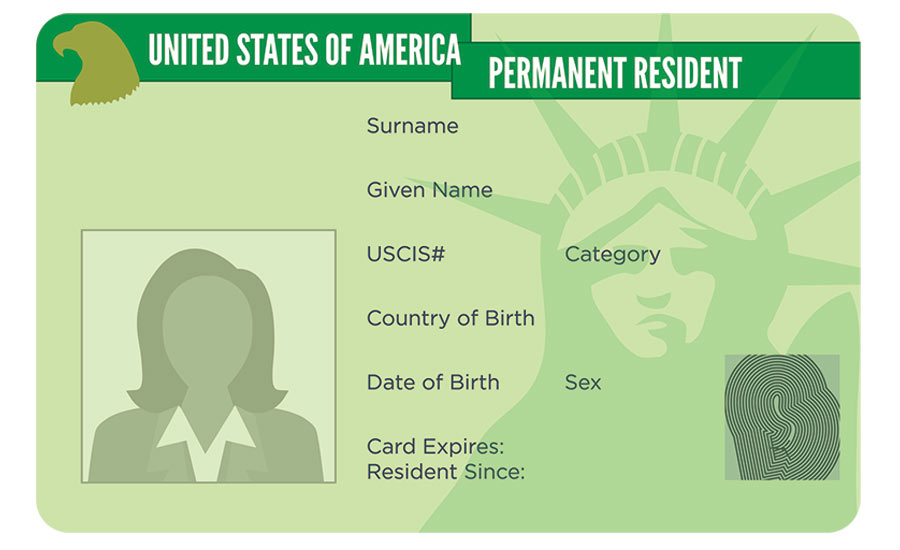I would like to think the phrase ‘East or West, home is best’ was coined with international students in mind. No matter which country you may find yourself in, homesickness is an inescapable part of studying abroad. Although it is hard to measure, the National Library of Medicine estimated that 70% of university students experience homesickness Because human beings are conditioned to crave the familiar, whenever we find ourselves in a new environment, often encountering culture shock, it is natural to crave the familiarity of home. In this article, we will explore the challenges of homesickness faced by international students studying abroad and provide valuable coping strategies to help them navigate this emotional journey.

Understanding Homesickness
Homesickness is the feeling of longing for one’s home, family, friends, and familiar surroundings when in an unfamiliar environment. It can manifest in various ways, including sadness, anxiety, irritability, and a sense of isolation. While homesickness is a universal experience, it can be particularly intense for international students who are far away from their home countries.

Causes of Homesickness
- Cultural Adjustment: Adapting to a new culture, language, and social norms can be challenging. Young Africans may find themselves feeling like outsiders, which can exacerbate feelings of homesickness.
- Separation from Family and Friends: Being separated from loved ones can be emotionally challenging. Many African students are close to their families, and the physical distance can lead to feelings of loneliness and sadness.
- Academic Pressure: The academic demands of international education can add stress to an already challenging situation. Struggling with coursework while dealing with homesickness can be overwhelming.
- Financial Stress: Managing finances in a foreign country can be daunting. Financial worries can contribute to feelings of homesickness and anxiety.
- Cultural Misunderstandings: Misunderstandings or miscommunications due to cultural differences can lead to feelings of frustration and isolation. This can be made worse if you don’t speak the local language, which can be a hindrance to making friends.

Coping Strategies
- Stay Connected with Loved Ones
One of the most effective ways to combat homesickness is to maintain regular contact with family and friends back home. Technology makes this easier than ever with video calls, messaging apps, and social media. Setting aside dedicated time for communication can provide comfort and a sense of connection.
- Create a Supportive Network Abroad
Building a support network in your host country is crucial. Seek out other international students and join student organizations or clubs related to your interests. These connections can provide emotional support, understanding, and a sense of belonging.
- Explore Your Host Country
Embrace the opportunity to explore your host country. Take time to travel, visit local attractions, and immerse yourself in the culture. This not only helps you adapt to your new surroundings but also provides positive distractions from homesickness.
- Stay Active and Healthy
Regular exercise and a balanced diet play a significant role in mental well-being. Engage in physical activities, maintain a healthy diet, and get enough sleep to help combat feelings of sadness and anxiety.

- Seek Counseling or Support Services
Many universities offer counseling services for international students. Don’t hesitate to reach out if you’re struggling with homesickness. Talking to a professional can provide coping strategies and a safe space to express your feelings. Guard your mental health jealously.
- Set Realistic Expectations
It’s essential to have realistic expectations about the study abroad experience. Understand that homesickness is a natural part of the process, and it will get easier with time. Accept that there will be both ups and downs.
- Practice Mindfulness and Self-Care
Mindfulness techniques, such as meditation and deep breathing, can help reduce stress and anxiety. Incorporate self-care into your routine, whether it’s through journaling, reading, or pursuing hobbies you enjoy.
- Engage in Cultural Exchange
Embrace the opportunity to learn about the local culture and share your own. Engaging in cultural exchange can foster understanding and help you feel more connected to your host country.
- Set Goals and Stay Motivated
Set academic and personal goals to keep yourself motivated. Achieving these goals can boost your self-esteem and provide a sense of accomplishment, which can counteract homesickness.
- Plan Visits Home
If possible, plan occasional visits home to reconnect with family and friends. Having a trip to look forward to can alleviate some of the homesickness.

Homesickness is a natural and common challenge for most students studying abroad. While it can be overwhelming, various coping strategies can help ease the transition and make the experience more enjoyable. Building a support network, staying connected with loved ones, and practicing self-care are essential steps to combat homesickness. Remember that homesickness is temporary, and with time, you can adapt to your new environment and even thrive in your new surroundings.
Moving abroad for education is a significant step, and it’s essential to prepare for the emotional challenges it may bring. By implementing these coping strategies and seeking support when needed, young African professionals can make the most of their international study experience.
For additional resources and information on studying abroad, visit our website to explore our services and tips for a successful international education journey


